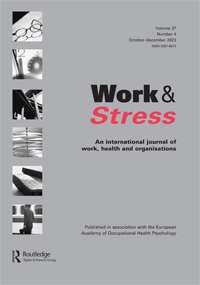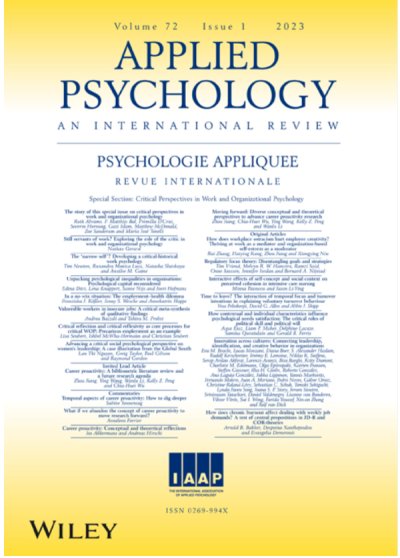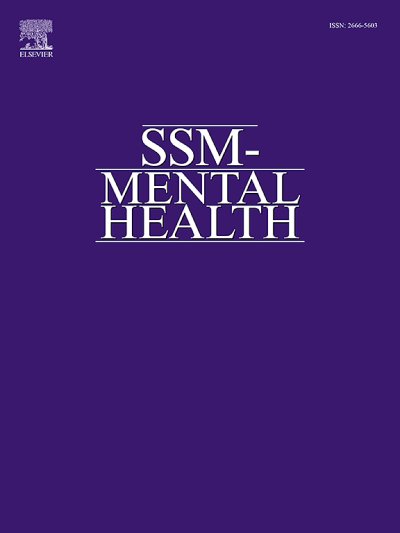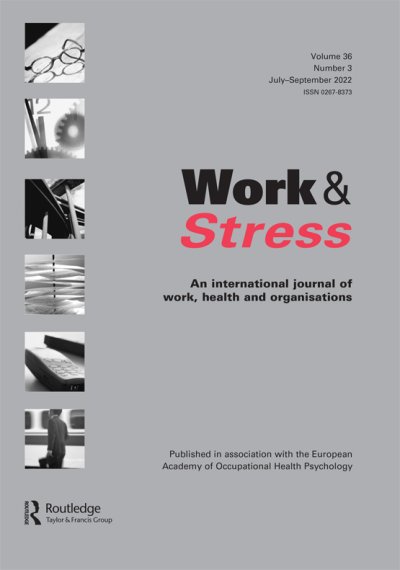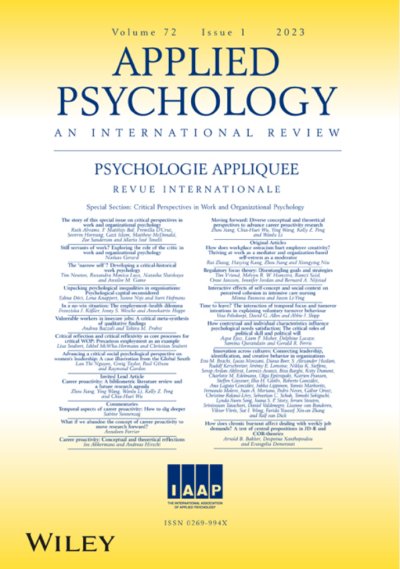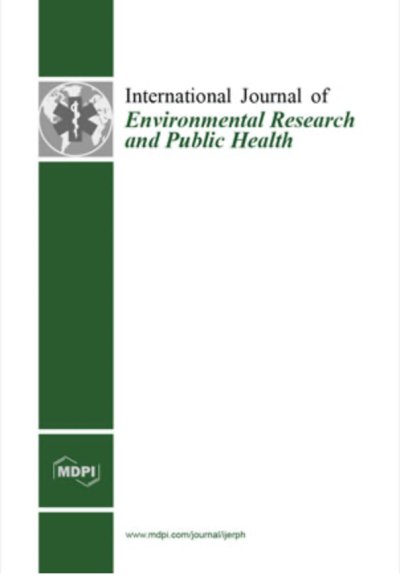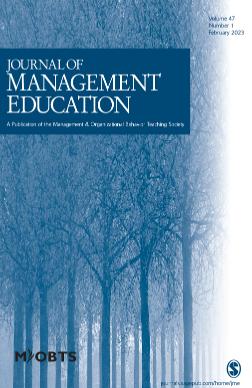Displaying 1 to 13 of 13
The recovery and return to work experiences of workers with long COVID (PDF, 865 Kb)
The severity and longevity of long COVID that has also affected the working population, raises the important question, how organisations can support workers with long COVID to stay and thrive in the workplace. In the present study, we used Interpretative Phenomenological Analysis to explore the lived...
Digital Training Program for Line Managers (Managing Minds at Work): Protocol for a Feasibility Pilot Cluster Randomized Controlled Trial
Tue, 24 Oct 2023
Line managers hold a primary role in preventing poor mental health within the workplace and, therefore, need to be equipped with the skills and knowledge to effectively carry out this role. The Managing Minds at Work (MMW) intervention aims to increase line managers' knowledge and confidence in preventing...
Coaching culture: an evidence review and framework for future research and practice
Coaching culture: an evidence review and framework for future research and practice
Wed, 30 Aug 2023
Given the colossal interest in creating 'coaching cultures', we update the 2014 literature review by Gormley and van Nieuwerburgh and extend this work by applying a Systematic Literature Review (SLR) methodology. In doing so, we detangle definitions and the conditions under which 'coaching cultures'...
The research on return to work for workers with common mental disorders has primarily focused on the pre-return journey. Relapses and recurrent sick leaves are prevalent and call for research on how we can support workers stay and thrive at work after long-term sickness absence due to common mental disorders....
Work fatigue during COVID-19 lockdown teleworking: the role of psychosocial, environmental, and social working conditions
Thu, 18 May 2023
During national lockdowns in response to the COVID-19 pandemic, previously office-based workers who transitioned to home-based teleworking faced additional demands (e.g., childcare, inadequate homeworking spaces) likely resulting in poor work privacy fit. Previous office research suggests poor work privacy...
Meta-synthesis of qualitative research on the barriers and facilitators to implementing workplace mental health interventions
Mon, 26 Dec 2022
Purpose: There has been a rapid increase in the number of mental health interventions implemented in the
workplace. The efficacy of these interventions has been mixed. The factors influencing implementation may offer
insights to why some interventions fail to be effective.
Method: We conducted a meta-synthesis...
Employees' experience of supervisor behaviour - a support or a hindrance on their return-to-work journey with a CMD? A qualitative study
Mon, 14 Nov 2022
Supervisors play an important role in supporting employees to return to work following sickness absence due to common mental disorders; stress, anxiety and depression, however, employees may not always feel supported. We examined employees' perceptions of their supervisors' attitudes and behaviours pre,...
"What can I do for you? Line managers' behaviours to support return to work for workers with common mental disorders"
Tue, 4 Oct 2022
| Sustainable return to work remains challenging for workers returning after long-term sick leave due to common mental disorders (CMDs): stress, anxiety and depression. Line managers play a significant role in supporting returned workers. Therefore, the purpose of this qualitative study was to examine... |
Physical Workplace Adjustments to Support Neurodivergent Workers: A Systematic Review
Physical Workplace Adjustments to Support Neurodivergent Workers: A Systematic Review
Tue, 6 Sep 2022
This review examined the extent, nature and quality of the current empirical evidence for physical workplace adjustment to support occupational longevity, performance and health/well-being in ND workers because of their specific sensory needs. Our results indicate that the research is generally not well-developed,...
Managing Minds at Work: Development of a Digital Line Manager Training Program (PNG, 496 Kb, 1130x1604)
Mental ill-health is the leading cause of sickness absence, creating a high economic burden. Workplace interventions aimed at supporting employers in the prevention of mental ill-health in the workforce are urgently required. Managing Minds at Work is a digital intervention aimed at supporting line managers...
Future Teleworking Inclinations Post-COVID-19: Examining the Role of Teleworking Conditions and Perceived Productivity (PDF, 1.2 Mb)
Future Teleworking Inclinations Post-COVID-19: Examining the Role of Teleworking Conditions and Perceived Productivity
Mon, 9 May 2022
This study investigated the relationships between the context of home-based teleworking during the pandemic (pandemic-teleworking conditions), productivity perceptions during home-based teleworking, and employees' future teleworking inclinations (FTI) beyond the pandemic. Specifically, the study examined...
Protocol For A Feasibility Randomised Controlled Study Of A Multicomponent Intervention To Promote A Sustainable Return-To-Work Of Workers On Long Term Sick Leave (PDF, 991 Kb)
The cost of sickness absence has major social, psychological, and financial implications for individuals and organisations. Return-to-work (RTW) interventions that support good quality communication and contact with the workplace can reduce the length of sickness absence by between 15 to 30 days. However,...
Interpersonal Mindfulness In Leadership Development: A Delphi Study (PDF, 205 Kb)
Mindfulness is increasingly being used within leadership development to enhance managers' wellbeing and leadership capability. Given the relational nature of leadership, we posit that an interpersonal form of mindfulness has the potential to offer benefits over and above those provided by personal or...

